
With the rising cost of living impacting consumers and retailers alike, how has shopping behaviour changed in stores?
According to new research from the Office for National Stastics (ONS), around nine in 10 (89%) adults in Great Britain continue to report that their cost of living has increased (the equivalent of 46 million adults). This is up from around six in 10 (32 million adults) when a similar study was conducted in November 2021.
According to the ONS, the most common reasons reported by these adults for their increased cost of living an increase in the price of their food shop (94%); an increase in gas or electricity bills (82%) and an increase in the price of fuel (77%).
The research found that more than a third (35% or 16m adults) of those whose cost of living had gone up cut back spending on food and essentials. Those in the most deprived areas were more likely to have reduced spending on food and essentials. 36% of respondents that have experienced an increase in the cost of living were found to have shopped around more for food and essentials.
The study also reported that people living in rented housing whose cost of living had gone up were more likely to have reduced their spending on food and essentials (46%) than those who own their homes outright (27%) or are paying off a mortgage (33%).
Almost a quarter (23%, around 11m people) used savings to cover costs, and 13% (around six million people) said they were using more credit than usual.











![WG-4003[58]](https://d2dyh47stel7w4.cloudfront.net/Pictures/274x183/4/5/1/353451_wg400358_6083.jpg)




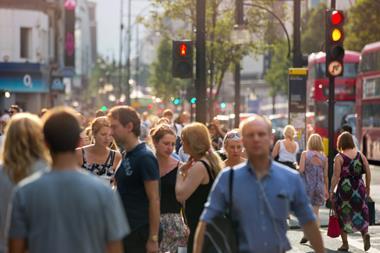


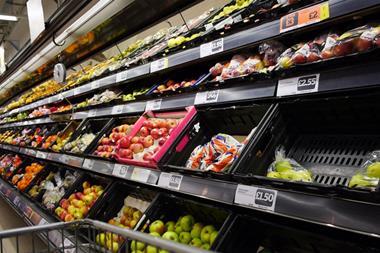



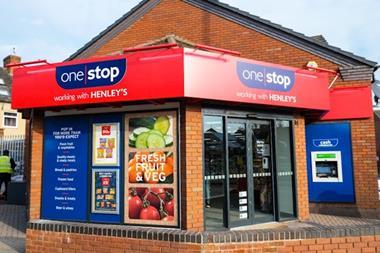


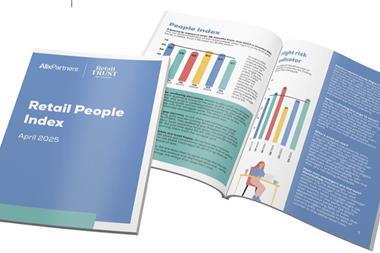
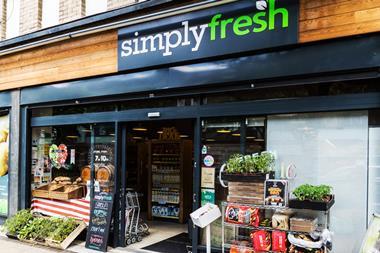
No comments yet